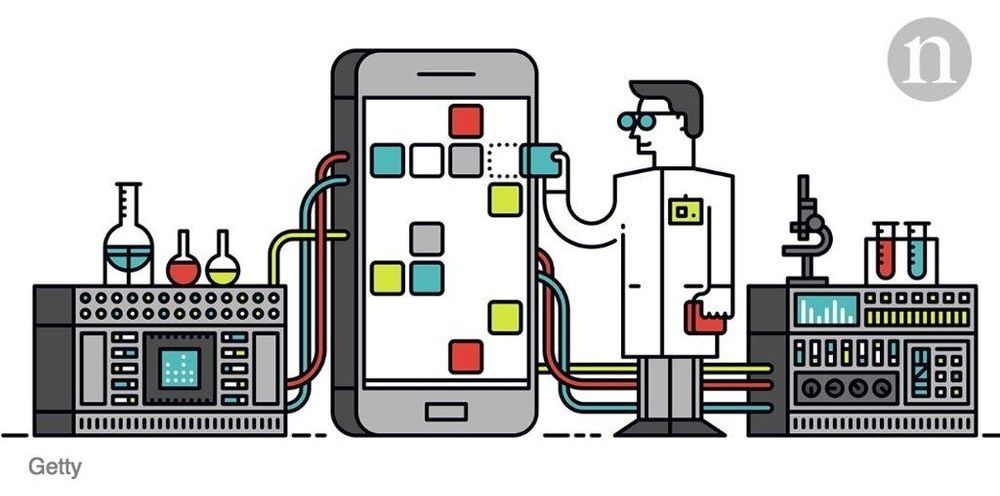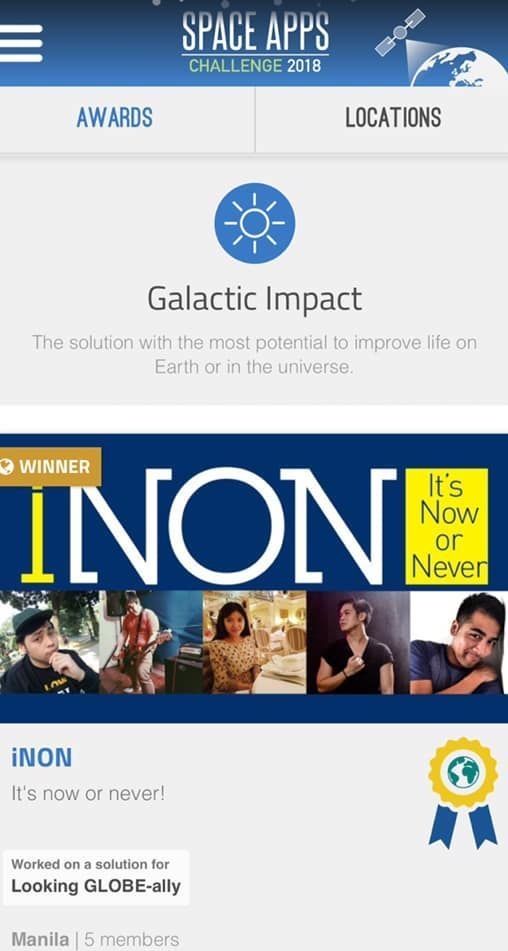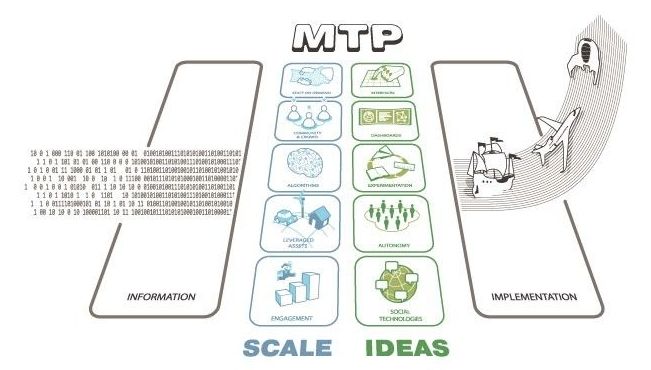Taking regular breaks to refresh the mind is important during tough working days. Although surfing the web and swiping your phone to check updates on social media might be frowned upon, it could be more productive than you think.
The popularity of social media has exploded since Twitter launched just over a decade ago, and the platform has distinguished itself as the place to disseminate tightly packed information with immediacy. Academics have jumped on the bandwagon for a range of practical purposes.
The social-media platform is often a tool for procrastination, says Jet-Sing M. Lee. But what else can it be? The social-media platform is often a tool for procrastination, says Jet-Sing M. Lee. But what else can it be?








